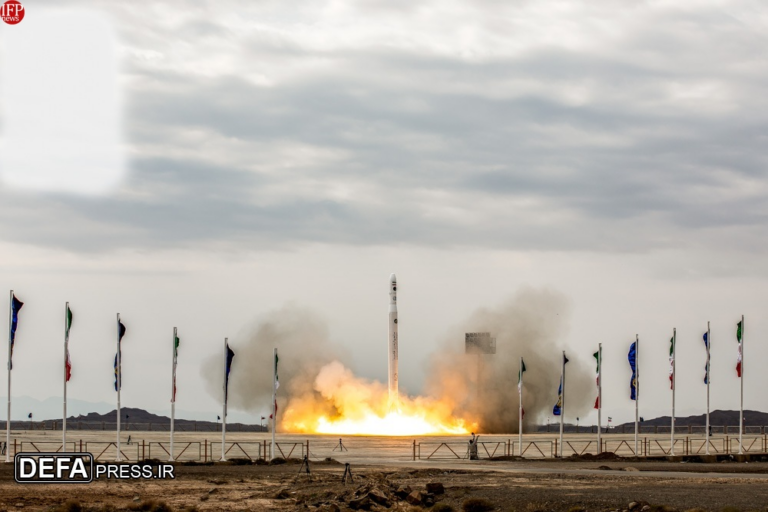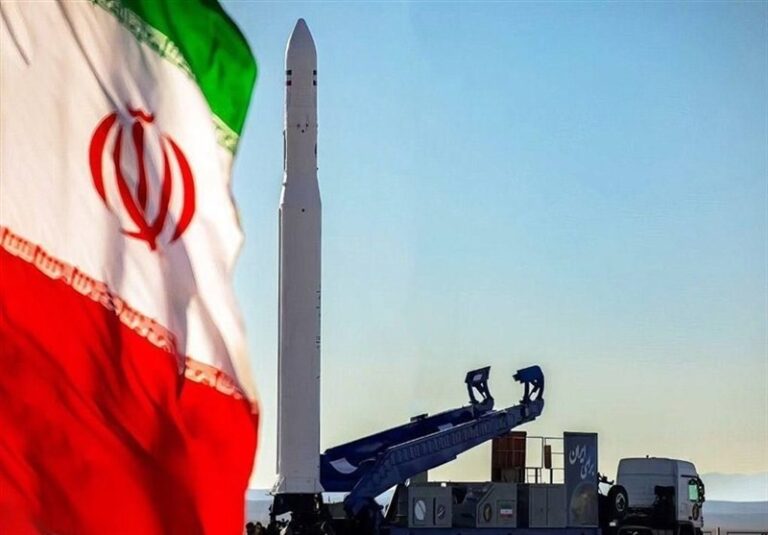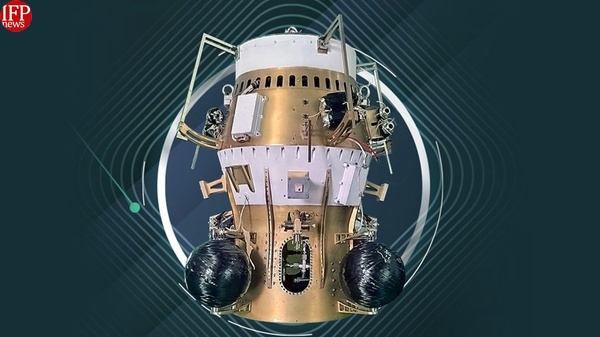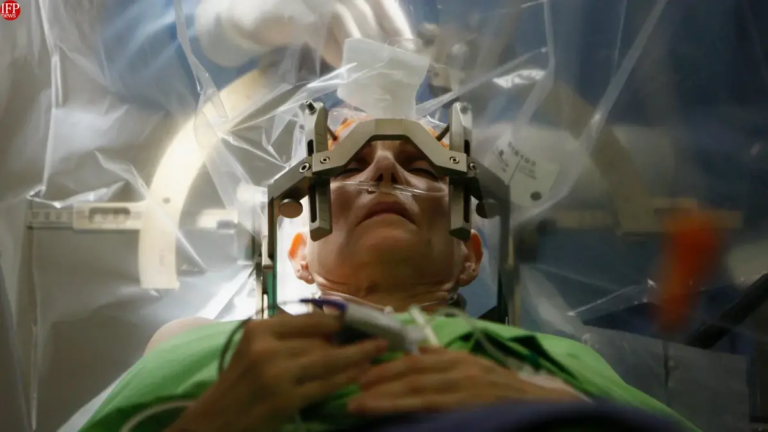
Similar Posts

Breakthrough in Parkinson’s Diagnosis: Iranian Researcher Unveils Rapid Testing Method
Iranian scientist Fatemeh Zahra Seyedi has developed an innovative non-invasive sensor for early detection of Parkinson’s disease using gold nanoparticles. This groundbreaking technique causes the nanoparticles to change color—turning purple in the presence of specific biomarkers in the saliva of diagnosed individuals, while remaining unchanged in healthy people. This method promises to be cost-effective, quick, and much less invasive than traditional diagnostics, which often rely on subjective assessments. Seyedi emphasizes the importance of early diagnosis for better patient outcomes and is seeking partnerships for further validation, potentially transforming how Parkinson’s disease is diagnosed and managed globally.

Iran Set to Launch Local Satellite: Space Agency Chief Announces Exciting Reveal in Weeks!
Iran will unveil its latest local sensing satellite, Pars 2, in early February, coinciding with the anniversary of the Islamic Revolution. With color imaging accuracy of 4 meters and black-and-white capabilities at 8 meters, Pars 2 represents a significant advancement from its predecessor, Pars 1. Hassan Salariyeh, Head of Iran’s Space Agency, noted that these satellites are part of a broader initiative to improve satellite technology, with plans for Pars 3, aiming for less than 2 meters accuracy. The data from these satellites will enhance various sectors, including industry, agriculture, and environmental monitoring, contributing to Iran’s economic growth and regional space presence.

Iran Set to Unveil ‘Shaheed Soleimani’ Satellite Constellation by 2025: A New Era in Space Technology
The Iranian Space Organization is preparing to launch the ‘Shaheed Soleimani’ satellite constellation, consisting of 20 satellites, starting in late March 2025. Head of the organization, Hassan Salarieh, discussed advancements in Iran’s space technology, including the construction of ‘Research’ series satellites and ‘Pars 2’ and ‘Pars 3’. Upcoming launches include ‘Nahid 2’ and ‘Nahid 3’, with a test launch of the constellation expected in early 2025. Salarieh emphasized the role of universities in satellite development and the importance of test launches to troubleshoot potential issues. This initiative aims to enhance Iran’s telecommunications and establish its presence in the global space community.

Iran Achieves Milestone: Successful Launch of Saman-1 Satellite into Orbit!
Iran has successfully launched the Saman-1 orbital transfer unit using the Simorgh satellite carrier, marking a significant milestone in its space program. The launch, conducted at the Imam Khomeini Space Launch Center, also included a CubeSat and a research payload, showcasing Iran’s growing satellite deployment capabilities. The Simorgh rocket, a two-stage liquid-fueled vehicle developed by the Ministry of Defense, achieved an elliptical orbit with an apogee of 410 kilometers and a perigee of 300 kilometers. This mission, the eighth for Simorgh, reinforces Iran’s technological advancements and resilience against international sanctions, potentially paving the way for future scientific research and international collaboration.

Apple Exec Sparks Market Selloff with Bold Claim: AI Could Replace Google!
Shares of Alphabet and Apple dropped significantly after Apple’s Eddy Cue suggested that AI tools could disrupt traditional search engines like Google. During a federal antitrust trial, Cue discussed the potential integration of AI services into Apple’s Safari browser, which may alter search dynamics and lead to reduced revenue from Google’s partnership, worth up to $20 billion in 2022. Despite concerns, Cue supports Google as Safari’s default search engine for now. The ongoing trial raises questions about Google’s monopolistic practices and may reshape the tech landscape, prompting calls for innovation among established players like Google as AI continues to evolve.

Iranian Innovators Unveil Cost-Effective Brain Surgery Navigation System
An Iranian company, Parsis Intelligent Surgical Systems, has launched a domestically-produced neurosurgical navigation system that assists surgeons in locating tumors, enhancing precision and improving surgical outcomes while minimizing damage to healthy tissue. Developed at a cost one-fourth of foreign systems, this Neuronavigation technology utilizes advanced imaging methods like CT, MRI, and fMRI. It is already in use in over 95 hospitals across Iran, benefiting more than 190 surgeons. The system, which matches international standards, is also being exported to countries like Ecuador and Germany, positioning Iran as a significant player in global medical technology.